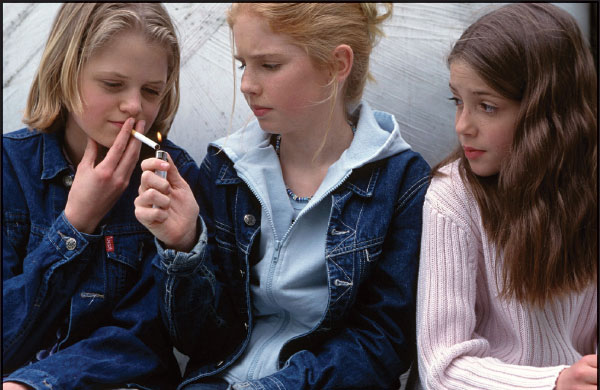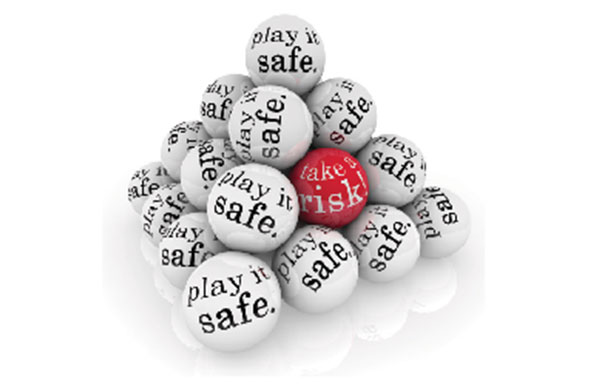
Cyber-bullying is defined as someone using online or technological resources to repeatedly make fun of, pick on, harass, humiliate or isolate another person. Cyber-bullying is an issue that anyone with a Facebook, Myspace or other type of online social networking account has seen firsthand; although most are still unaware of its dangers and implications. Yeshivah of Flatbush Joel Braverman High School’s Choices Commission teamed up with the Middle Division’s SAFE program to teach students and spread awareness about the dangers of cyber-bullying.
The High School Choices Commission is a club of about 75 juniors and seniors who meet every week during lunch to discuss a wide range of topics, including peer pressure, the dangers of drugs and alcohol, body image, gambling and bullying. The goal is to understand these topics, know the correct way to deal with them, and teach others who might find themselves in these situations the correct way to behave. In addition, each member must pledge to abstain from alcohol and drugs.

School Social Workers Eva Bernfeld and Lillian Galapo decided to put all of the knowledge gained from these meetings to use and arranged the first in a series of meetings between the high school and seventh and eighth grade students. Cyber-bullying was the first issue they chose that affects high school and middle division students alike.

Head Commissioner Amanda Levit spoke about the dangers of cyber-bullying, saying, “Once you put something on the Internet, that information is there for the world to see. Once something is posted it’s out of your hands; you can’t take it back. The Internet is a tool that has to be used properly and increased awareness will hopefully help our community make better, safer choices.”

Middle Division SAFE teacher Avi Smus presented three video clips to illustrate the stages and effects of cyber-bullying. The students were then split into groups, each with a high school leader, and discussed how to recognize and deal with cyber-bullying. The dialogue flowed freely as both the middle division and high school students had a lot to say, from either personal experience or from what they’ve heard from friends. “It was really nice that everyone opened up and that we connected with them so quickly,” said Yael Herskovits, a high school junior. Joey Sasson, a high school senior added, “It’s amazing to hear their stories and understand what they’ve been through.”
Lauren Elmann, a head commissioner, said, “By the end of the program, the kids were really opening up and started understanding how just a few words can really affect people. As a senior member on the commission, I realize how influential we all can be on others. Both years on the commission have really reinforced my desire to make good decisions for myself and to help make others more aware of their actions.”
Ms. Bernfeld said that the idea was for high school students to be seen as “role models” to younger students, because she understood that hearing about the dangers of cyber-bullying from a teacher is one thing, but hearing about it from your peers is quite another. They reinforced the potential impact of something that, in the moment, seems funny and harmless, but can lead to something much worse. Posting something mean on the Internet, whether openly or anonymously, will in almost all cases yield extremely hurtful consequences.



